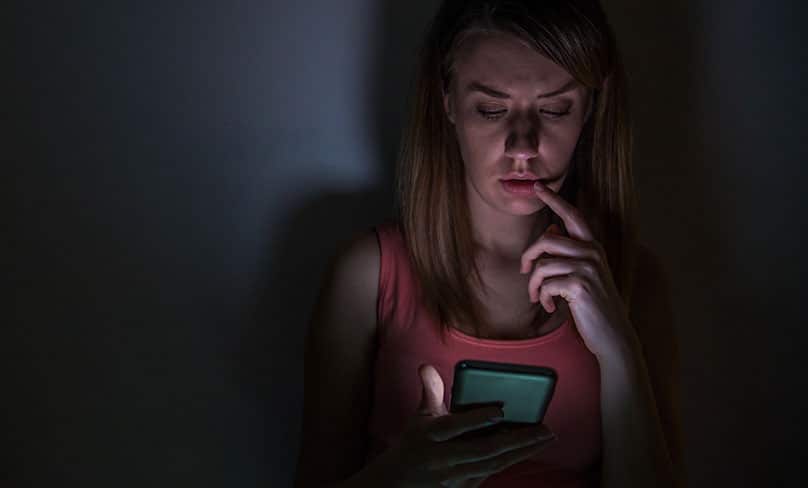
About three years ago, I wrote a column about a woman named Brieana Rose (Not her real name). Brieana Rose was in hospital, under general anaesthetic, when a nurse took a photo of her genitalia and showed it to other nurses for a bit of a laugh.
Under the law at the time, the hospital was obliged to inform Brieana Rose of the breach of privacy, but that was it. Brieana Rose had no other remedy available to her because in 2015, in New South Wales, taking a photograph of a person’s private parts was only a crime if it was done for sexual gratification.
It was the proposed use of the image, and not the image itself, that made all the difference to the law. But to Brieana Rose, and I imagine to anyone placed in that position, that the nurse intended to use the image for a bit of fun rather than for sexual gratification was little comfort.
In seeking answers about what had happened to her, Brieana Rose realised that hers was not an isolated incident. She spoke to people like Dr Nicola Henry and Dr Asher Flynn who had been researching the phenomenon of image-based abuse in our country, and their findings are quite astounding.
While we hear a lot about so-called “revenge porn,” that is, the sharing of intimate images after a couple has broken up as a form of revenge, there are actually a lot of people who have experiences like Brieana Rose’s, whose images are taken without their knowledge and for reasons that aren’t necessarily sexual. In fact, one in five Australians reported having experienced this type of image-based abuse, and men and women are equally affected. Alarmingly, one in two Australians with a disability report being a victim of image-based abuse, as do one in two Indigenous Australians.
The number is also higher for those who identify as LGBTI, with one in three also reporting image-based victimisation. With a number of others, Brieana Rose began to campaign for changes to the law so that these attacks on human dignity and sexual integrity would not depend on what was in the mind of the person taking and sharing the photograph.
I know that a number of you who read this column supported Brieana Rose in her fight; signing a petition and contacting their local member to add your voice to those asking for a change in the law.
I am pleased to say that about a few weeks ago, I received a phone call from Brieana Rose, to let me know that the campaign had been successful, and to pass on her thanks to all of those who helped make it happen.
The Enhancing Online Safety (Non-consensual Sharing of Intimate Images) Bill 2018 (Cth) passed both houses of federal parliament only a fortnight ago. Not only does it make the taking and sharing of intimate images – for whatever purpose – illegal, it sets up mechanisms to facilitate their removal from the internet.
This is good news for us, because we are called to be concerned about the dignity of the human person, and with a preferential option for the poor and vulnerable.
It is also good news for us because we can see the tangible effects of standing up for the dignity of the human person. So often – too often – we can feel like we are losing the culture wars. So often – too often – we can feel like raising our voices and asking for a law to be changed can have no effect. So often – too often – we can find ourselves discouraged by our lack of success, and decide to give up the fight.
But good things can happen if we persevere.
Brieana Rose’s call came in the middle of a bad week or two of media for the Church, both locally and internationally, and was a joyful reminder that everything is not so bleak after all.
Despite all the attacks on the human person that exist in our world, despite the daily commodification of the human body, this law was voted through because people understand that there is an inherent dignity in the human person, body and soul. They might not ever understand it in theological terms, but people know that the human person is special. Different. Worthy of respect. And now this natural law, written on their hearts, is confirmed in the civil law, written in the statute books.
After such an awful, humiliating experience, no one would have blamed Brieana Rose if she had hidden her story and not told a soul. Instead, she courageously responded in a way that tried to prevent the same suffering from being visited upon someone else. She is a great example to us all.
